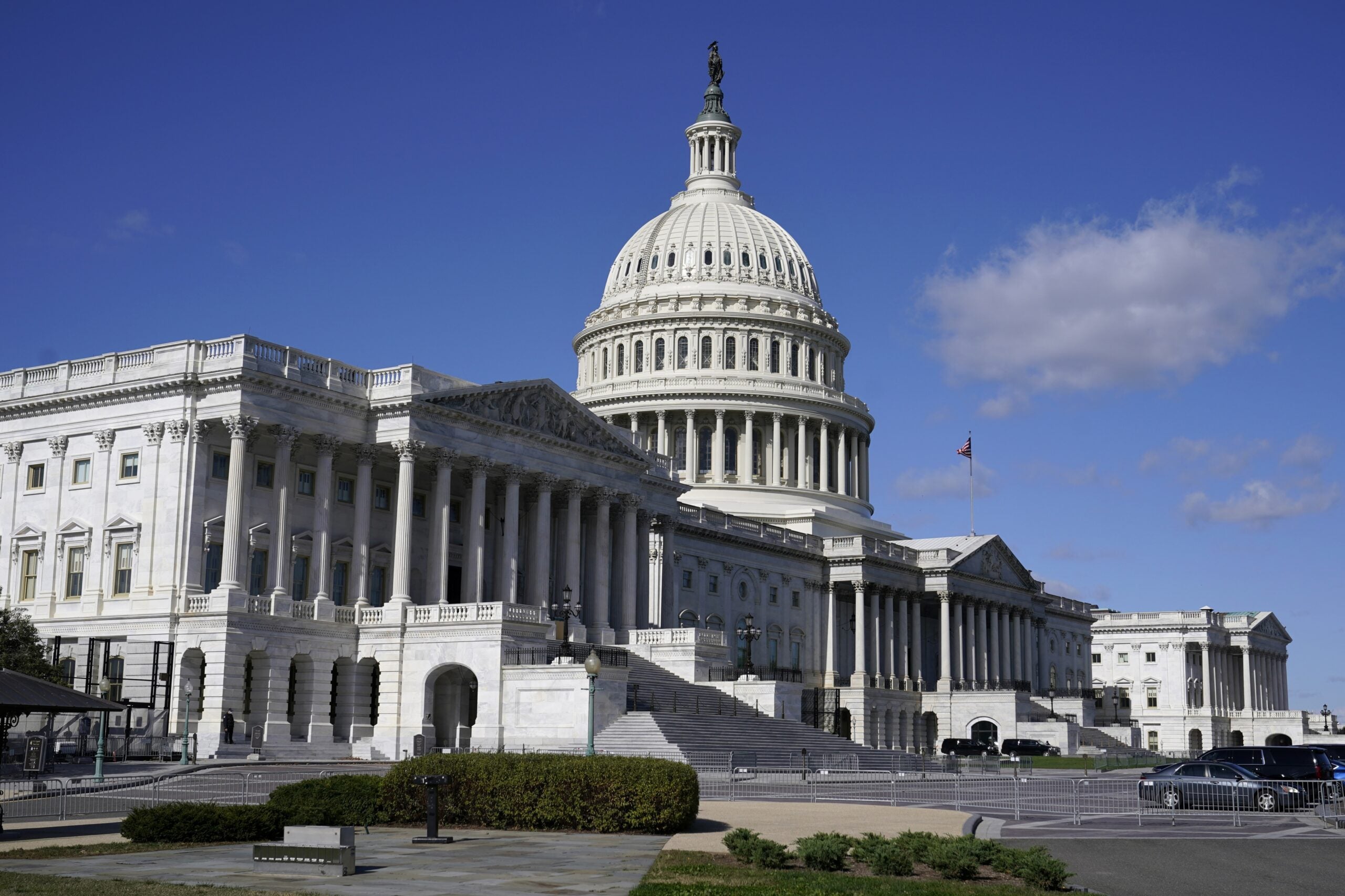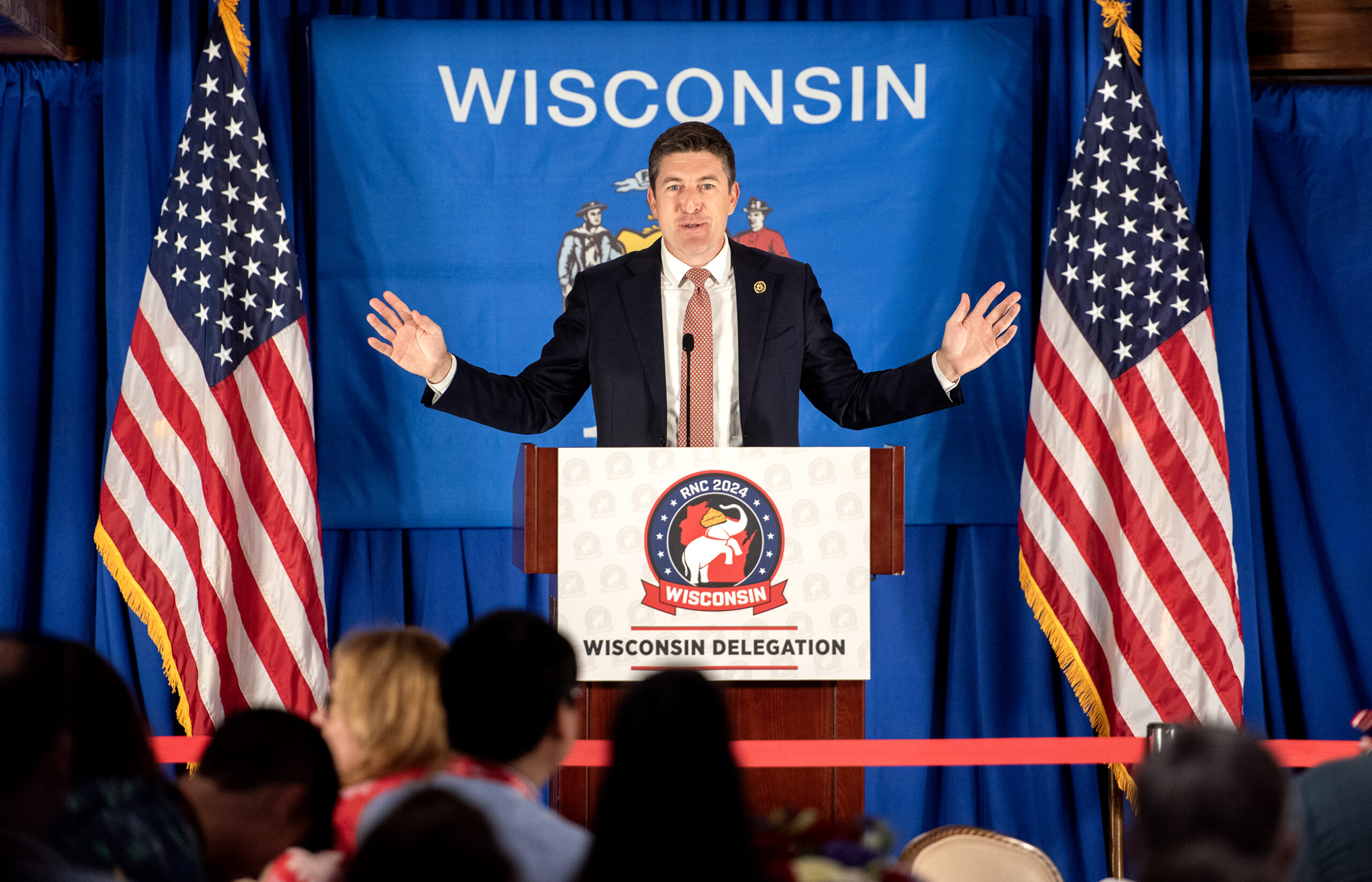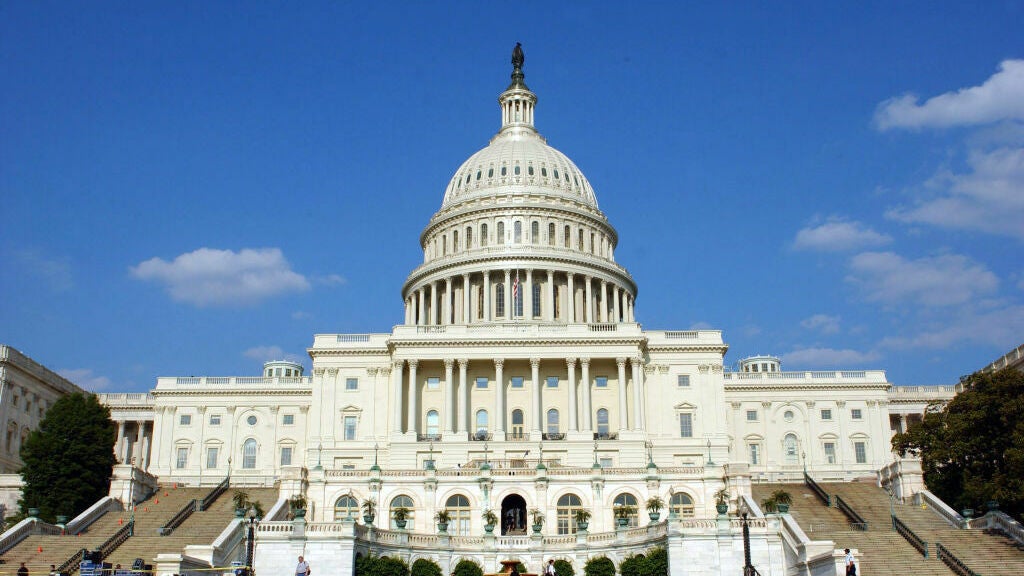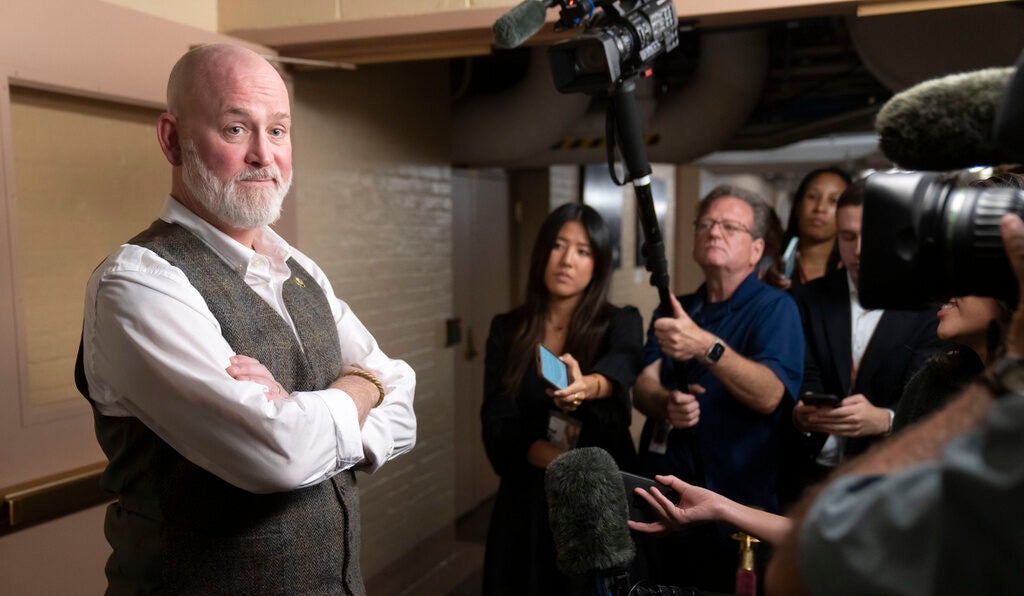It took 15 rounds of voting last week before Republican U.S. Rep. Kevin McCarthy was sworn in as House speaker.
Depending on which member of Wisconsin’s congressional delegation you ask, the flurry of votes could be a sign of things to come for this session of Congress.
“If you thought the first week of Congress was chaotic, just put your seatbelt on,” said U.S. Rep. Gwen Moore, a Democrat from Milwaukee during a recent appearance on Wisconsin Public Radio’s “The Morning Show.”
Stay informed on the latest news
Sign up for WPR’s email newsletter.
In exchange for McCarthy’s confirmation, House Republicans made concessions to the right-wing Freedom Caucus, promising not to raise the country’s limit on outstanding money owed, known as the debt ceiling, without spending cuts attached. The House agreed to a rules package that allows a single lawmaker, instead a majority from either party, to force a vote to oust the speaker.

There are other changes. During a separate interview on WPR, Republican U.S. Rep. Bryan Steil of Janesville noted that the new rules require 72 hours notice before a vote.
“It’s messy — there’s no doubt about that,” said Steil, who was not part of the Freedom Caucus contingent that initially blocked McCarthy’s leadership. “But I don’t think it’s a bad thing for the American people to actually get an opportunity to see how these bills come together.”
Moore characterized the Freedom Caucus as fringe and said its enhanced power would slow the legislative process. She focused on the debt ceiling concessions agreed to by McCarthy, arguing Republicans will use that as an excuse to cut federal programs like Medicaid, Medicare and Social Security, cuts that she promised to fight.
“They want to cut spending right down to the bone,” she said.
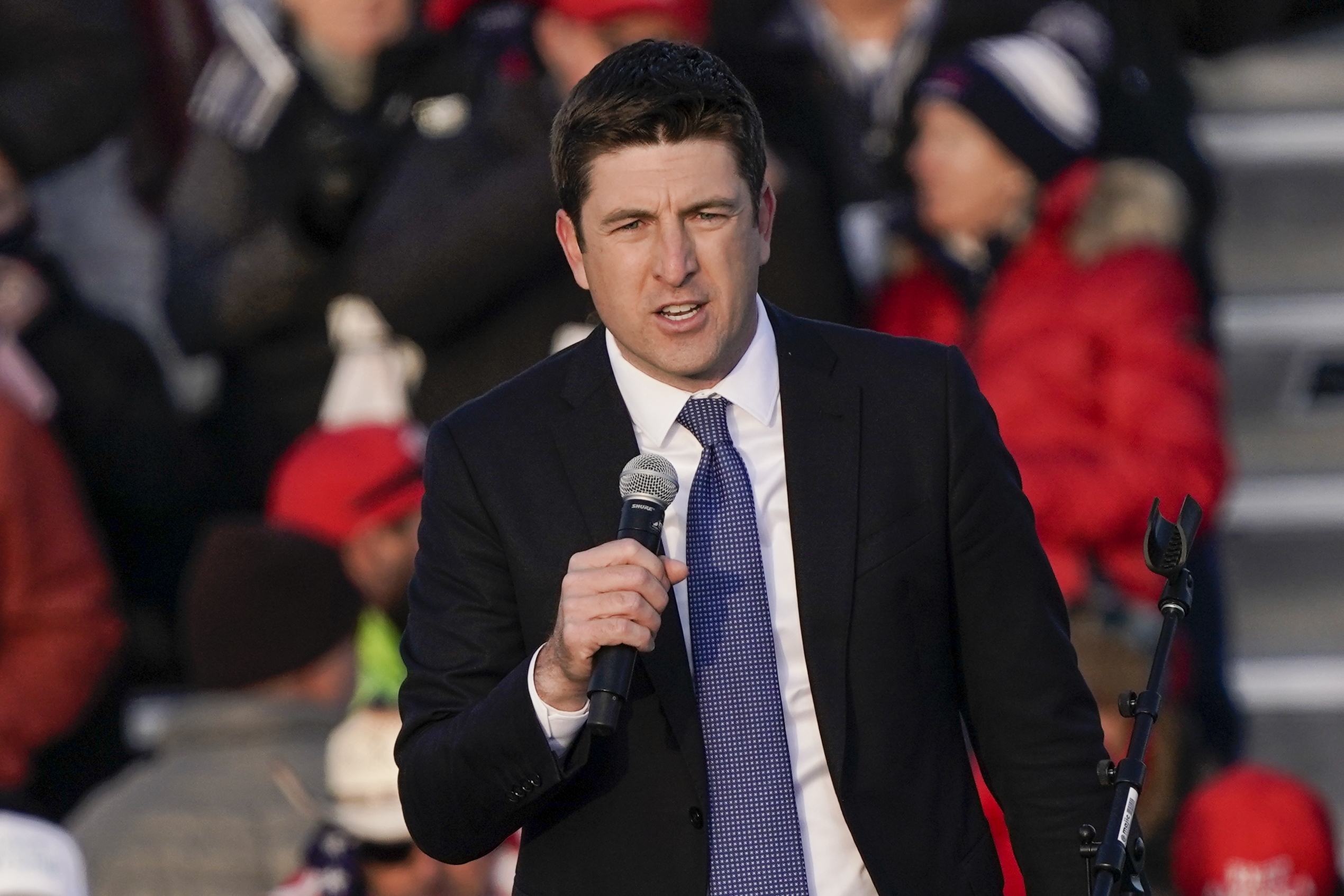
Steil disputed those claims and blamed “reckless” government spending for fueling inflation.
“That’s the consistent scare tactics of those that want to make seniors concerned,” Steil said. “Seniors should be concerned from the Democrats’ reckless spending that has put us in the position that it’s going to be really difficult for America to pay their bills.”
Steil suggested costs could be trimmed by finding ways to deliver health care more efficiently “without removing the quality of the product.”
Wisconsin Public Radio, © Copyright 2025, Board of Regents of the University of Wisconsin System and Wisconsin Educational Communications Board.

